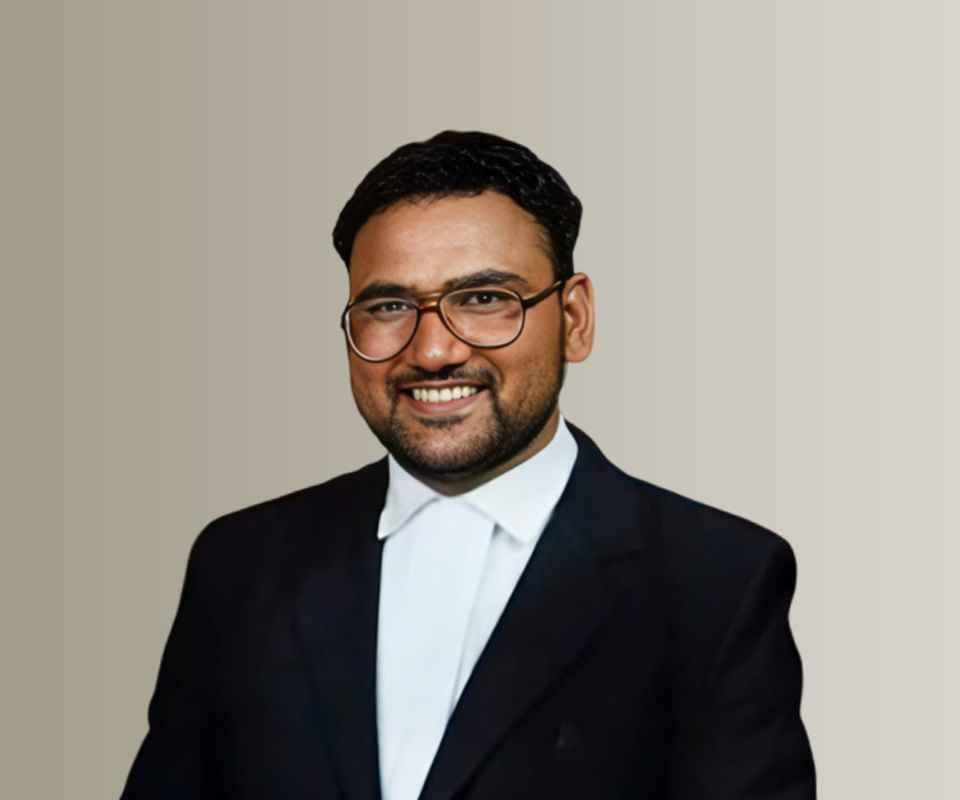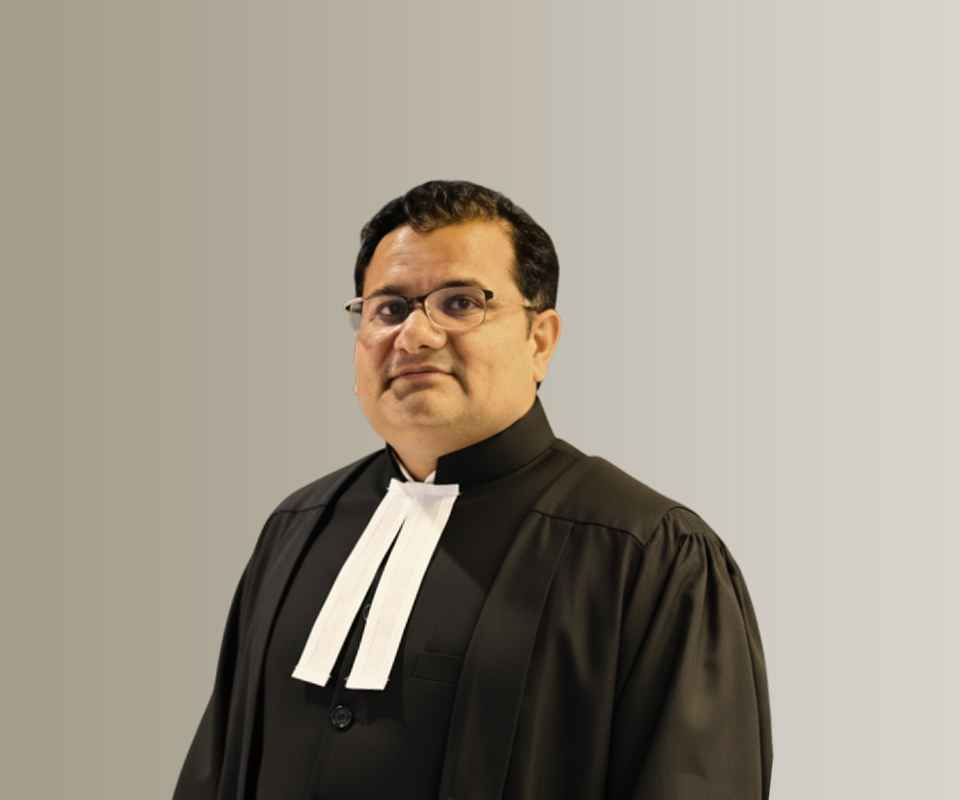Answer By law4u team
In most legal systems, children generally cannot directly sue their parents for abuse or neglect in the same way that adults might sue others. However, there are circumstances where children can seek legal redress for harm caused by parental abuse or neglect, though the process and avenues for doing so differ depending on jurisdiction. Instead of directly filing a lawsuit against their parents, children typically rely on child protection laws, governmental agencies, or third-party legal representatives to bring claims on their behalf.
Key Points Regarding Children Suing Parents for Abuse or Neglect
Legal Standing:
Children are often not granted the legal standing to sue their parents directly due to the unique nature of the parent-child relationship. The law recognizes that parents have a duty of care and authority over their children, and legal actions involving children are usually handled with an emphasis on family welfare and protection rather than adversarial litigation.
Role of Child Protection Services:
In cases of abuse or neglect, children are protected through government agencies such as Child Protective Services (CPS) in the U.S. or similar entities in other countries. These agencies are responsible for investigating allegations of abuse or neglect, intervening if necessary, and ensuring the child’s safety. The state can take action against parents or guardians, including removing the child from the home, seeking court orders of protection, or initiating criminal proceedings against the parents.
Third-Party Legal Representation:
In many cases, children may not file lawsuits themselves, but a guardian ad litem or a child advocacy attorney may be appointed by the court to represent the child’s interests in legal proceedings. This representative may take legal action on behalf of the child, such as seeking financial compensation or ensuring that the child’s rights are protected in the legal process. The guardian ad litem advocates for the child’s best interests and can pursue claims against the parents or other responsible parties for harm caused by abuse or neglect.
Civil Lawsuits Against Parents (In Specific Cases):
While children generally cannot sue their parents directly for abuse or neglect, some jurisdictions allow children, or their legal representatives, to file civil lawsuits against parents for harm caused by extreme abuse or neglect. In these cases, the lawsuit may seek financial compensation for injuries or emotional harm caused by the abuse. However, these cases are rare and often complicated by the nature of the parent-child relationship and the potential impact on the child.
Criminal Prosecution:
Abuse and neglect can lead to criminal charges against parents or guardians, initiated by the state rather than the child. In cases of severe physical abuse or neglect, the state may bring criminal charges against the parents. The child may be called to testify in these cases, but the primary focus is on punishing the abuser and protecting the child. Criminal proceedings are separate from civil lawsuits and carry potential penalties such as imprisonment for the offending parent.
Statutory Limitations and Exceptions:
Some jurisdictions have special provisions that allow children to bring legal action against their parents after they reach adulthood, often under the statute of limitations. In these cases, if a child is an adult (usually 18 years or older), they may file a lawsuit for past abuse or neglect, seeking compensation for damages suffered during childhood. These claims may include personal injury suits, emotional distress, or other civil claims related to abuse.
Example:
In the case of a child who has been physically abused or neglected by their parents, the child may not directly sue the parents for damages. However, Child Protective Services (CPS) may step in, remove the child from the abusive environment, and initiate criminal proceedings against the parents. Additionally, the child might have a guardian ad litem who represents their interests in family court or civil court, seeking compensation for emotional and physical harm caused by the abuse.
Conclusion:
While children typically do not have the ability to sue their parents for abuse or neglect directly, the legal system provides alternative mechanisms for ensuring that children are protected and their rights are upheld. Through the intervention of child protection agencies, legal representatives, and the possibility of criminal prosecution, children can still seek justice and protection from harmful situations. Civil lawsuits against parents for abuse or neglect may be possible in some jurisdictions, but these cases are complex and depend on the specific legal framework in place.







